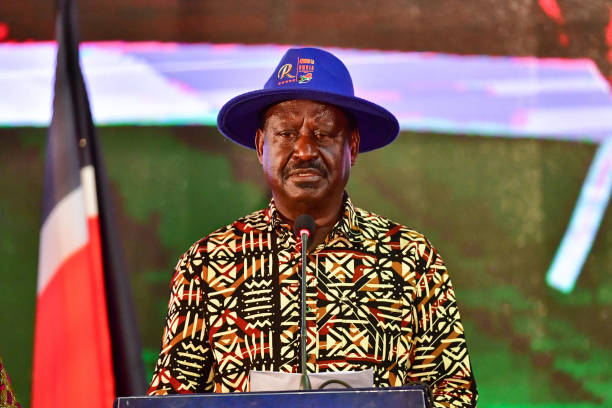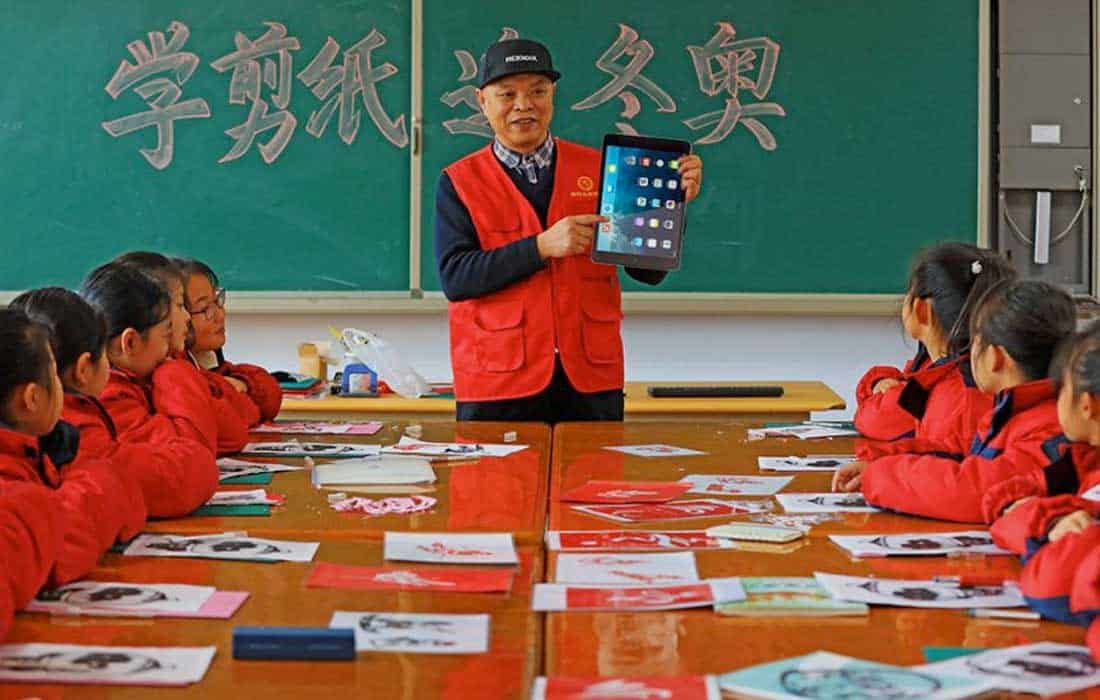Starting September 1, 2025, China will make artificial intelligence (AI) education mandatory in all primary and secondary schools. The reform will see children as young as six begin formal AI instruction, marking a bold step in the country’s quest to strengthen its position as a global leader in technology and innovation.
What the New Policy Means
Under the new system, every student will receive at least eight hours of AI lessons per year. The curriculum will be tailored to different age groups:
- Younger pupils (around six years old) will engage in interactive, play-based activities to introduce basic AI concepts in a fun and simple way.
- Older learners will progress to more advanced topics, including robotics, machine learning, and real-world AI applications.
This structure is designed to build AI literacy step by step, ensuring students develop both curiosity and technical skills as they move through the school system.
Flexibility in Teaching
Schools will have the freedom to decide how to deliver the lessons. Some may integrate AI into existing STEM courses, while others may choose to offer it as a stand-alone subject. This flexibility is meant to make the program adaptable across China’s vast and diverse education system.
Why China Is Making the Move
The reform is part of China’s broader national strategy to lead in AI innovation. By embedding AI education into the school curriculum, the government hopes to:
- Equip the next generation with critical digital skills.
- Encourage innovation at an early age.
- Position China as the global frontrunner in AI research and development.
Officials also frame the reform as a key pillar of building a “strong-education nation,” where technological literacy is seen as essential for the country’s future growth.
Global Implications
China’s decision comes as other countries are also exploring ways to integrate AI into classrooms. However, few have gone as far as making it compulsory nationwide. This move could set a precedent and push other nations to accelerate their own AI-in-education strategies.
With AI poised to transform industries worldwide, China’s early start may give its students a competitive advantage in the global workforce of the future.
Final Take
China’s mandatory AI education reform is more than just a curriculum change—it’s a strategic investment in the country’s future. From playful coding exercises in primary schools to advanced machine learning projects in high school, students will grow up with AI as a natural part of their learning journey.
As September 2025 approaches, all eyes will be on how effectively China rolls out this ambitious reform—and how the rest of the world responds.




















